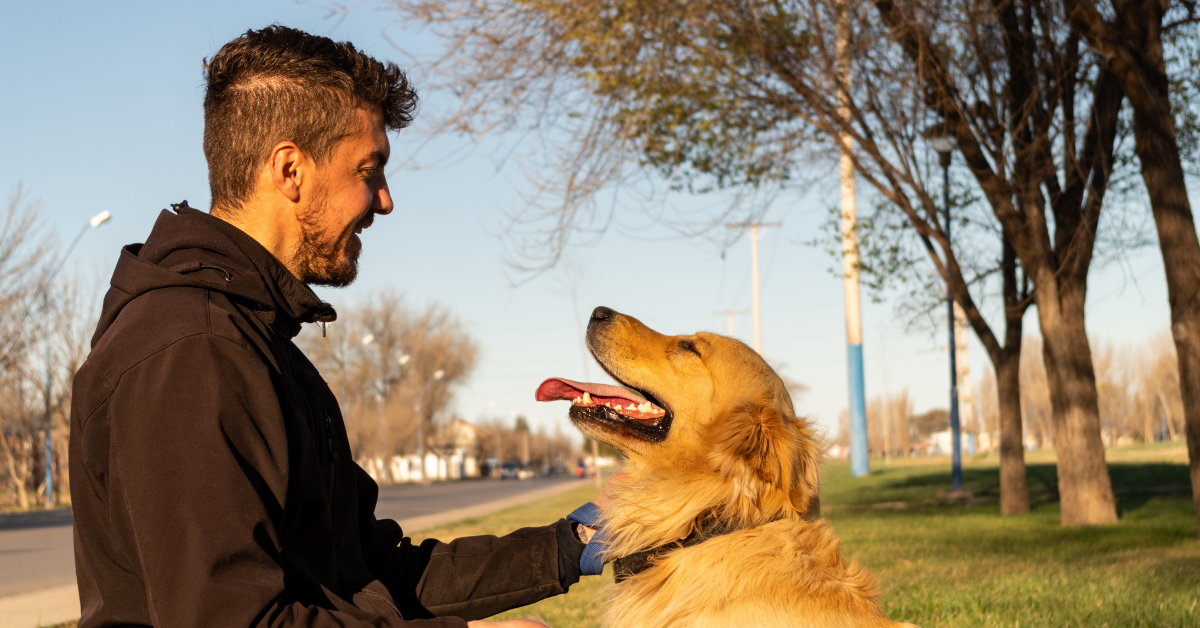Keeping Your Pet Safe In Your Backyard Gardens
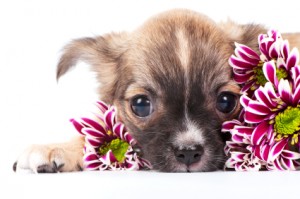 As Pet Care Specialists, we know you want what’s best for all of your pets. We also know that one of the greatest things about suburban yards, such as Wheaton and Glen Ellyn, IL, is the opportunity to grow varied and wonderful gardens. In Naperville, IL, you can rent a plot in a community garden through the Naperville Park District and choose to leave your pets at home on planting day. However, sometimes you just want to enjoy the gardens you can build in your own backyard.
As Pet Care Specialists, we know you want what’s best for all of your pets. We also know that one of the greatest things about suburban yards, such as Wheaton and Glen Ellyn, IL, is the opportunity to grow varied and wonderful gardens. In Naperville, IL, you can rent a plot in a community garden through the Naperville Park District and choose to leave your pets at home on planting day. However, sometimes you just want to enjoy the gardens you can build in your own backyard.
Whether your garden boasts flowers, succulents, vegetables, weeds or a mix of everything, here are some things to consider in order to make your garden as pet-safe as possible:
- There are dozens and dozens of plants that are toxic to dogs as well as cats, but your critter may just think they look delicious. Some of these include yew, which is incredibly toxic to pets, as well as aloe, rhododendron, Burning Bush, clematis, mums, garlic, onions, several types of holly, and rhubarb. That’s really just the tip of the iceberg, though. The ASPCA has a fairly comprehensive list, complete with pictures, of plants with different toxicity levels to pets. That list can be found below in the excerpt from the ASPCA Website and is an excellent resource when planning your outdoor space.
- The best thing to do is to exclude these types of plants from your garden entirely. If you feel determined to plant something that could hurt your pet if ingested, make sure to put it in a place your pet can’t get to and supervise outside time.
- Another area for concern is mulch and compost. Luckily, the knowledge that cocoa mulch is toxic to pets is fairly widespread by now. But even if you use mulch made from other, less toxic material, be sure to supervise your pet when he or she is out in a mulched yard.
- If you compost, firstly, good for you, and secondly, remember to not include pet-toxic elements like coffee grounds, garlic, grapes or onions in your compost! You can throw these things out without guilt, earth-loving pet parents! Make certain to refer to a complete list of human food that’s dangerous for your pet before you begin composting.
Before we scare you off gardening forever, take heart in knowing that it is quite possible to have a beautiful, functional, and pet-safe garden. Some research is involved, and perhaps some compromise, but we know you think of your Floofins as part of your family, and care and compromise is what family is all about.
This list contains plants that have been reported as having systemic effects on animals and/or intense effects on the gastrointestinal tract. Please note that the information contained in our plant lists is not meant to be all-inclusive, but rather a compilation of the most frequently encountered plants. If you think that your animal is ill or may have ingested a poisonous substance, contact your local veterinarian or our 24-hour emergency poison hotline directly at 1-888-426-4435.
Other Recent Blog POsts
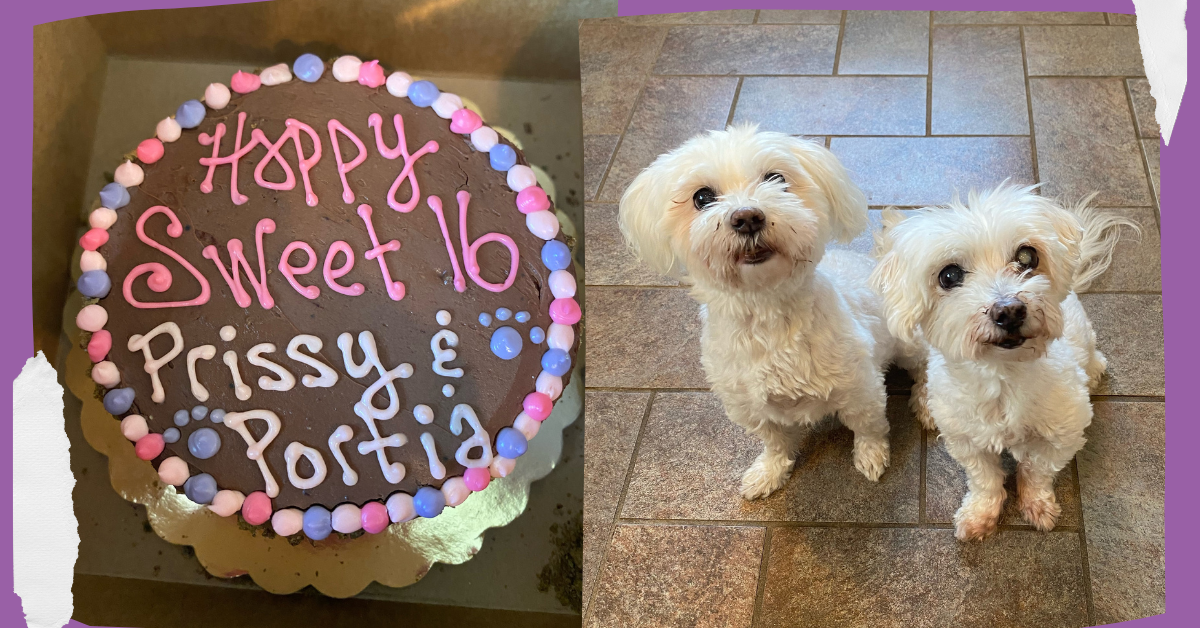
Celebrating The Original Floofins’ Sweet 16
July 24, 2024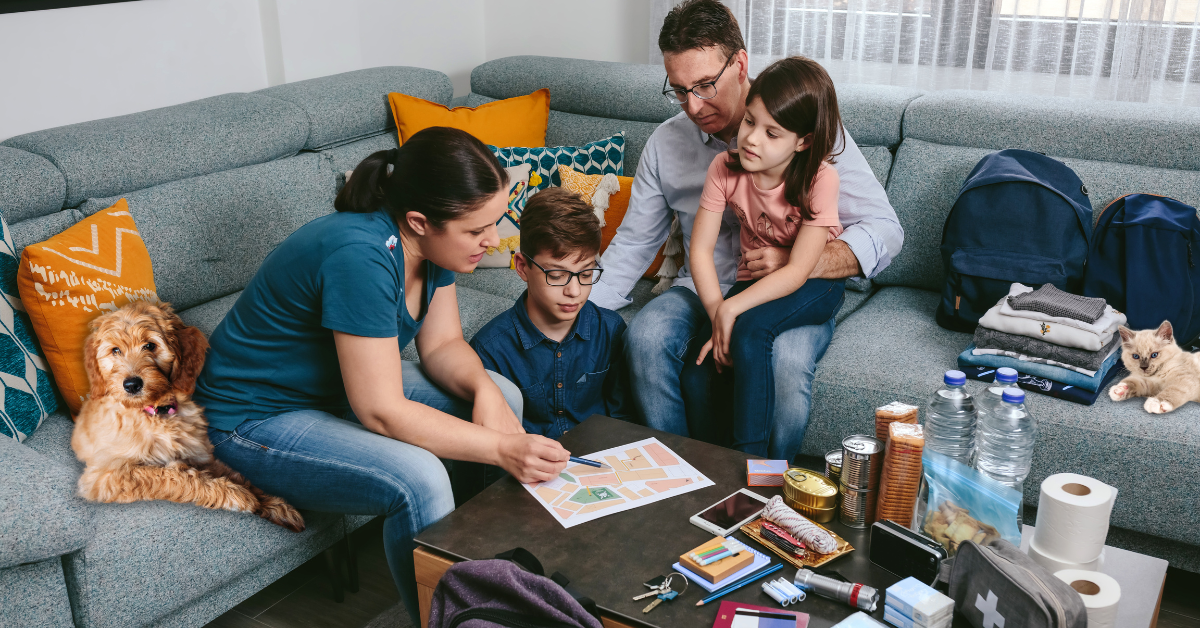
Emergency Planning for Your Home & Pet
July 18, 2024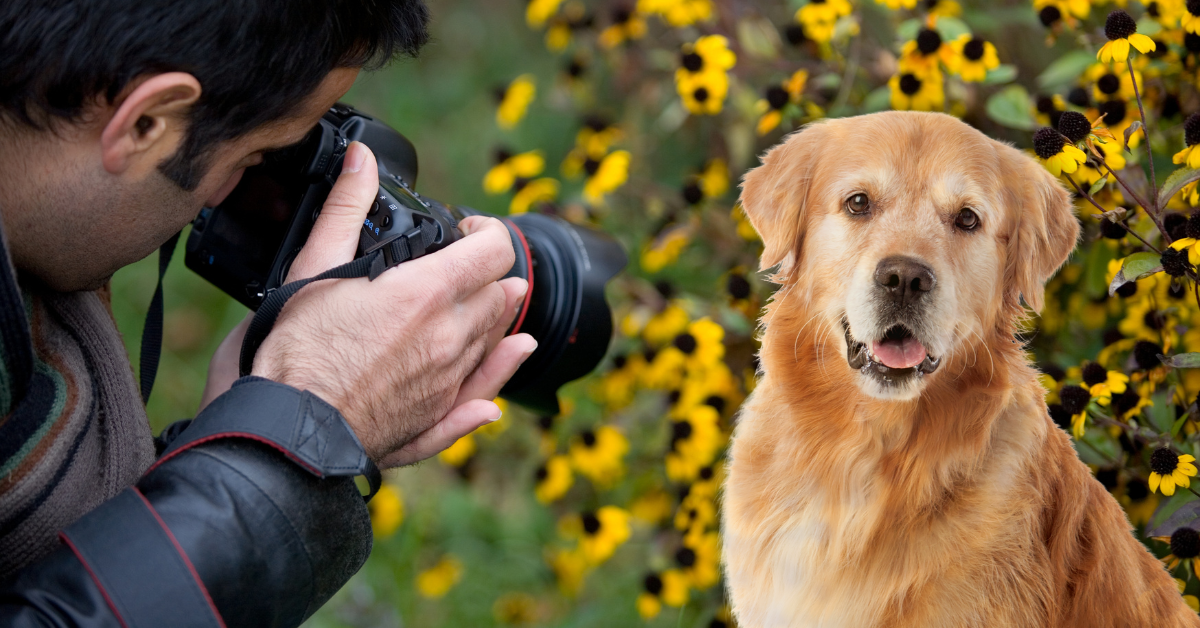
Beyond the Blurry Phone Pic: Schedule Professional Pet Photos Instead
July 10, 2024
Keeping Chicago Pets Safe on the Fourth of July
July 1, 2024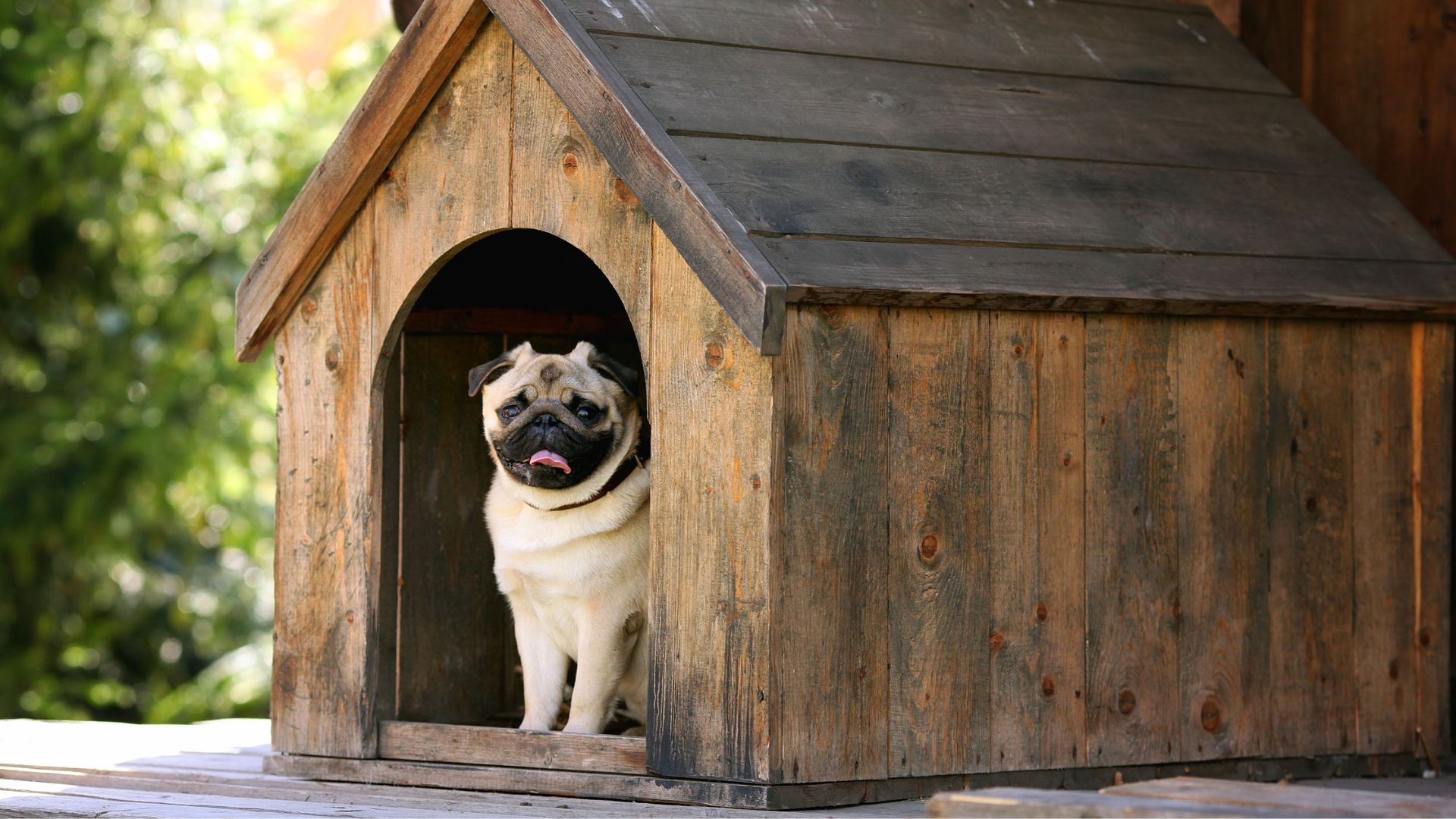
Why Floofins & Co. Leads the Pack
June 26, 2024